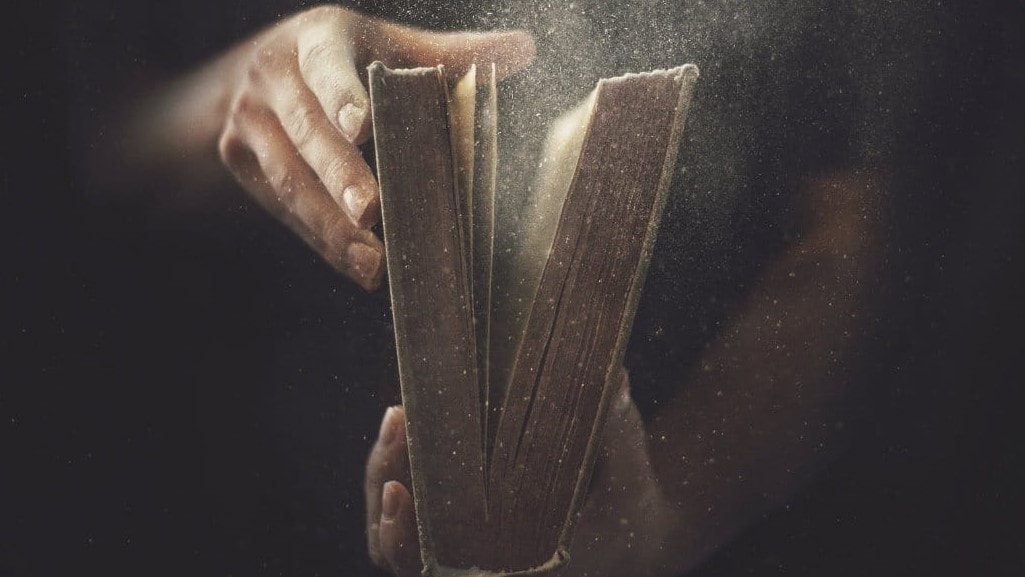|
It is common today to read of “professional” historians from universities and other government entities who are often relied upon for allegedly credible opinion regarding the past. This “professional” must have a history degree, and not contradict orthodoxy. They have learned that to advance their career and salary, attract the right publishers, and be invited to national historical conferences, they cannot depart from that orthodoxy. Thinking independently will only have a would-be historian suffer in the shadows, if employed at all. The media, especially, will avoid anyone they may term as “amateur” historians and who depart from “the master story” – which is what Napoleon was referring to when he said “history is a set of lies agreed upon” Below, acclaimed historian Dr. Clyde N. Wilson describes the education of historians in the past, and through today. In Search of Professional Historians“Before the late 19th century there was hardly any such thing as a “professional” historian. History was a branch of literature, written by independent gentlemen or sometimes by statesmen. Such gentlemen were products of humane learning, not “professional training.”
The PhD was invented in German universities during the 19th century. The learning was certainly rigorous to become known as a “Doktor.” There was a certain dogmatism and arrogance associated with it — such historians thought of themselves as objective seekers of truth, that is, they were “social scientists” not just writers. It was even hinted that when they accumulated enough facts, their findings would be definitive truth. Strangely, although even today they claim to be objective investigators, at the same time they contradictorily think of themselves as serving “progress.” In the late 19th century some Americans went to Germany to acquire “professional” status, and then began to develop doctoral programs at places like Johns Hopkins and Columbia. The transfer of historians from gentlemen of humane learning and creators of good literature into professional “experts” with PhDs was gradual but was pretty well established by the 1940s or so. But such PhDs were hardly independent professional practitioners. They mostly had to work for colleges as teachers or sometimes for government and wealthy foundations. Then and now, the few historians who make an independent living from their writing are not PhDs. Until fairly recently, the requirements for the American PhD were demanding and lent some weight to the idea of professionalism. Degrees required mastery of at least two foreign languages to broaden understanding; mastery of a secondary field (if you were a historian of the U.S. you needed to have some expertise in another field, say Russian history, etc.); some mastery of a different but related discipline (political science, economics, literature); and an intense and thorough mastery of a particular specialty (say, Colonial America, the Jacksonian period, Reconstruction, or such). And most important, a dissertation based on intensive primary research, that is, thorough immersion in original sources from the time studied. Such research was to be undertaken with an open mind and no preselected agenda. After all, how could you know what was true until you actually investigated. This training worked fairly well to create objective investigators. Fundamentally, historical writing cannot be objective. We are all a product of our times and experiences. The best we can hope for is an honest weighing of the facts such as we expect from a jury. History is simply about human experience and as such is always subject to different perspectives. Having a PhD is no proof that the observer is honest and that his opinion is a definitive “expert” one. A major problem today is that the requirements have become looser and looser. We are today creating PhDs who know only one small area and are serving a Cultural Marxist agenda rather than a reasonably honest search for what is true. Their “primary research” deals with ever more narrow and irrelevant topics. About all we can say about the “expertise” of such people is that they stayed in school longer than most people. I am regularly astonished by the media citing “experts” on history that nobody has ever heard of, and have never produced anything to indicate expertise except having a degree and belonging to a “History Department” somewhere. Still, I don’t think current historians are being forced by administrators to be Cultural Marxists. This syndrome is widespread and deeply entrenched in the entire educational system because bad people labored for several generations to gain control. The high administrators are mostly opportunistic cynics without any learning or conviction who simply conform to the reigning attitudes in their circles. In my books Defending Dixie and From Union to Empire, one will find several worthwhile essays on history. I particularly recommend ‘Scratching the Fleas: American Historians and Their History.” From the latter, the following passage ends the article. H.L. Mencken in the 1920s reflected on the readiness with which historians were mobilized to rewrite history at federal direction during World War I: “Nearly all our professional historians are poor men holding college posts, and they are more cruelly beset by the ruling politico-plutocratic-social oligarchy than ever were the Prussian professors were by the Hohenzollerns. Let them diverge in the slightest from what is the current official doctrine, and they are turned out of their chairs with a ceremony suitable for the expulsion of a drunken valet.”
4 Comments
|
AuthorBernard Theursam is an architect from Wilmington, North Carolina. Though he was born in New York, there is no better Southerner anywhere. He frequently shares with others gems from his immense library of materials about good Confederates and bad Yankees. Archives |
Proudly powered by Weebly

